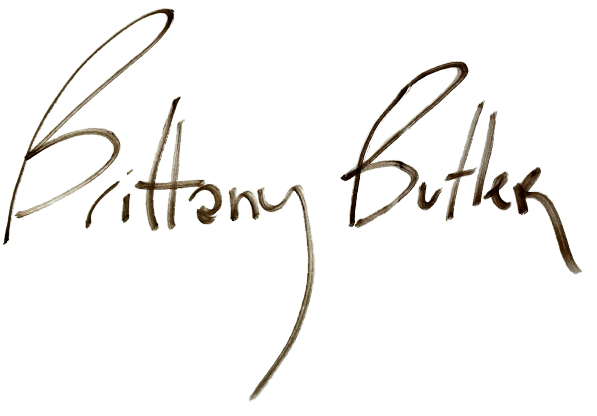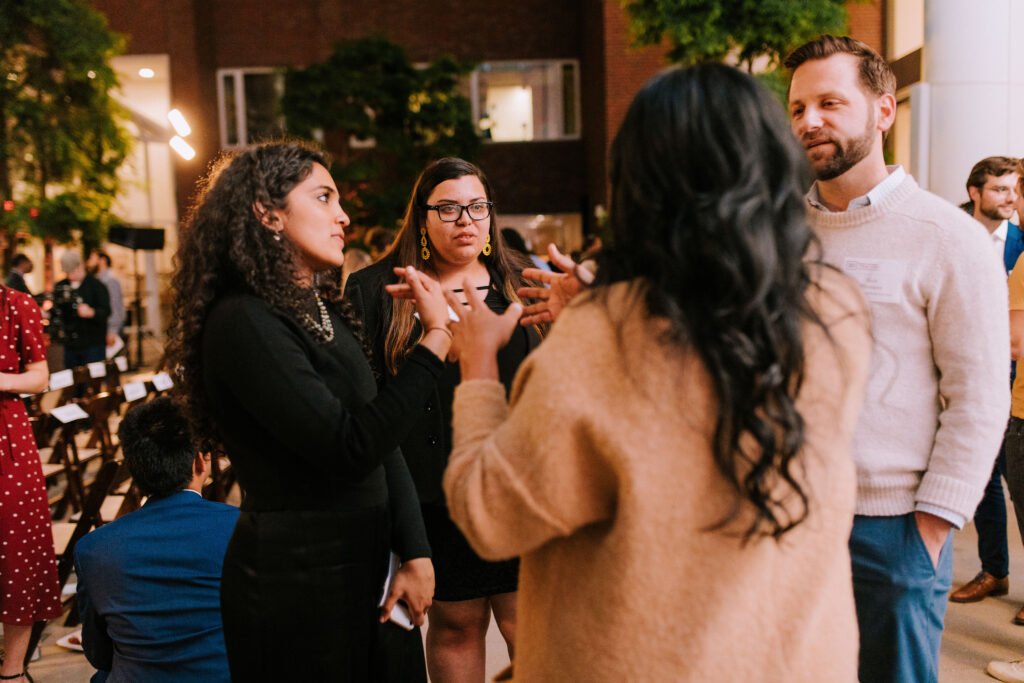Since COVID 19 emerged on the scene, an increasing collection of broad social issues have been reconceptualized as health issues in the public sphere. For example, while public health experts have long pointed to discrimination, employment status, and the neighborhood you live in as major social determinants of health, it seems much more common these days to hear regular people talking about the impact of racism, job pressures, and zip code on their mental and physical wellness. These shifts in perspective are both powerful and disorienting as they create a new frame for understanding the institutions and industries that shape our world.
The latest aspect of daily life to be recast in these terms is exposure to online misinformation. You may or may not have followed the back and forth between the White House and Facebook earlier this month so here’s the short version: multiple officials from the U.S. federal government, including President Biden, now say that misinformation is not just a tech problem or a journalism problem, but a health problem that is literally “killing people.” They demand that the social media platforms hosting vaccine misinformation in particular take more responsibility for the associated outcomes.
Facebook has pointed to its COVID portal as an example of tremendously expensive efforts to inform its users, but our HKS colleague Joan Donavan and other misinformation researchers make compelling arguments that these platforms will only meet the challenges posed by misinformation if they fundamentally transform how they see their function: from online social network to a social platform that is also a trustworthy source of critical knowledge and information for billions.
I imagine it is difficult for any leader or expert to realize that society has come to use new, different, and previously unforeseen standards to measure success in their field. I also imagine Mark Zuckerberg did not envision in the early 2000s that he would be held accountable for the veracity of user posts on Facebook. But here we are.
This lesson is certainly not just for Facebook. I write about it because we have worked with multiple social impact organizations through SICI that also struggle with the reality that their impact cannot be narrowly scoped to neat performance goals or even their official “theory of change.”
As we all continue in our efforts to make the world a better place, let’s embrace rather than shy away from the complex sensemaking that is happening in industries all around us. We have a great opportunity to revisit the full truth of our work as well as the roles we can and should play in society. I’ll certainly be thinking about it myself and of course with respect to our work at SICI.
I’d love to know: how do you think Harvard currently views its role in society? How should it? And how could it?
With thanks,

Brittany Butler
Executive Director, SICI
Adjunct Lecturer in Public Policy, HKS

